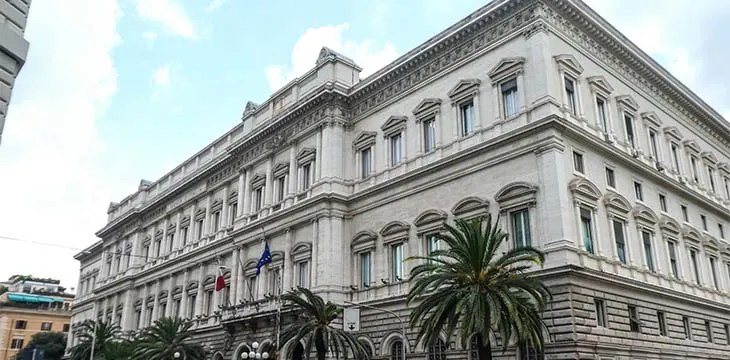|
Getting your Trinity Audio player ready...
|
Digital assets and decentralized ledger technology (DLT) have a role to play in the Italian economy, but they must be stringently regulated to protect investors, says the Bank of Italy.
In a speech at a recent event organized by the Italian financial markets’ association, ASSIOM FOREX, Governor Ignazio Visco delved into the current market crash, the collapse of major players, and the lessons the central bank has learned.
CB speech: Ignazio Visco (IT): Speech – 29th ASSIOM FOREX Congress – https://t.co/sDpA90yT5l
— Bank for International Settlements (@BIS_org) February 6, 2023
“…the risks associated with the very high volatility in the crypto-asset markets highlight the need for an appropriate set of rules and checks to prevent this sector from developing uncontrollably,” the governor said.
Visco said there are two broad categories of digital assets: the highly risky instruments “such as crypto-assets with no intrinsic value” and those that can bring tangible benefits to the Italian economy. Such benefits include reducing the cost and inefficiency of cross-border payments.
Visco believes that the only way to reap the benefits of digital assets is through developing and enforcing regulations like those in the traditional financial industry.
The governor also revealed that the central bank is exploring DLT and how it can leverage the technology to “contribute to the overall stability of the financial system and to customer protection.”
In 2022, the Bank of Italy called for proposals on how to best apply DLT in the banking and payments industry. Visco revealed that there were over 80 participants, with applicants across Europe and Southeast Asia.
Like most of its European peers, the Italian central bank awaits—and is working towards—the Markets in Crypto-Assets Regulation (MiCA), a regulatory framework that is expected to define the digital asset industry in Europe and beyond.
As CoinGeek reported a month ago, the European Parliament postponed the final vote on MiCA again, this time to April 2023.
Watch: LiteClient: Scaling Blockchain with Simplified Payment Verification

 09-18-2025
09-18-2025 





